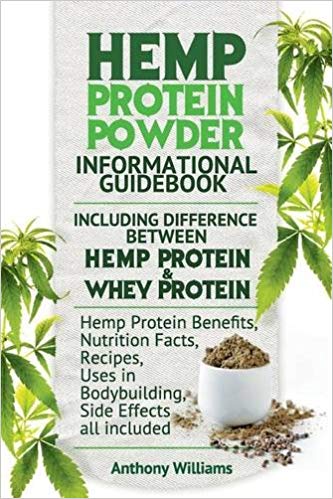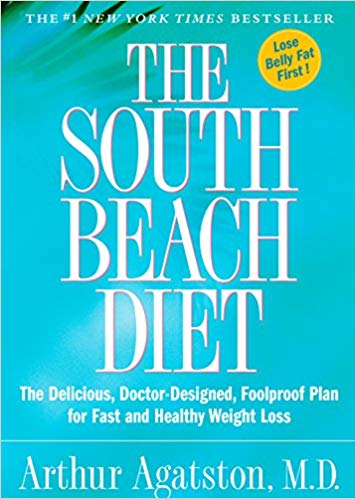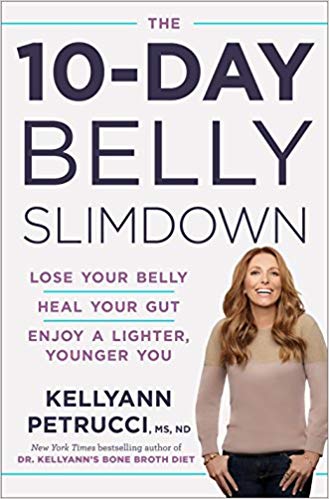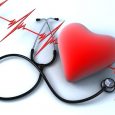Protein is often mentioned when a person researches diet and exercise.
There are a huge number of protein supplements, powders and sports drinks available which claim to build muscle and burn fat from the body. Understanding how protein works within the human body is essential to creating a diet which will be beneficial to a person’s specific weight-loss goals.
Protein is the second most plentiful substance within a muscle. It comprises about 20% of the actual muscle tissue while the remaining 75% is water, fats, carbohydrates and minerals. Protein, when digested in the human body is broken down into amino acids. These acids are essential to the process of life and occur in almost every single food that is consumed. Protein itself is used to repair all tissues within the body at a cellular level. When a person exercises, muscle fibers are actually torn and stretched. The protein within the body allows these tissues to be repaired and reinforced. It is through this process of tearing and reinforcing that muscle is gained during a workout.
Protein is plentiful in many of the foods that are eaten in an average diet. Meats like fish, chicken, pork and beef contain the largest source of protein and are the first foods that are considered in a high protein diet. A diet high in these sources of protein can lead to an overload of protein in the body. This often results in high cholesterol levels, gout and kidney disease.
Protein also occurs in foods like eggs, peanut butter and other nuts, dairy products and legumes. These sources of protein are considered an important part of a nutritionally balanced diet. Relying on lean meats and legumes is an excellent way to gain muscle while supporting the rest of the body’s systems.
Consuming protein does elevate metabolism when combined with an exercise program. This will aid in weight loss because a body composed of lean muscle burns more calories even at rest than a body composed of fat. Larger quantities of calories are required to support muscles than are required to support fat both at rest and during exercise. A diet rich in healthy sources of protein also provides the additional benefit of suppressing appetite. Many people find that eating meat or eggs during their breakfast meal helps to curb hunger for a large portion of the day. This effect lasts for several hours following the meal and often leads to the consumption of fewer calories throughout the rest of the day.
The requirements for protein vary for individual people according to several factors. These factors include age, sex and weight. An average woman requires about 50 grams of protein each day. The average male requires about 60 grams per day. The difference comes mainly from the size of the person and exercise or muscle maintenance requirements. Most of this protein should ideally come from several small servings of lean meat or legumes each day.










